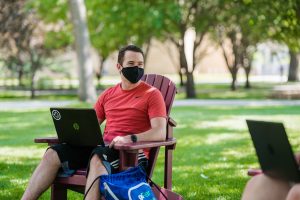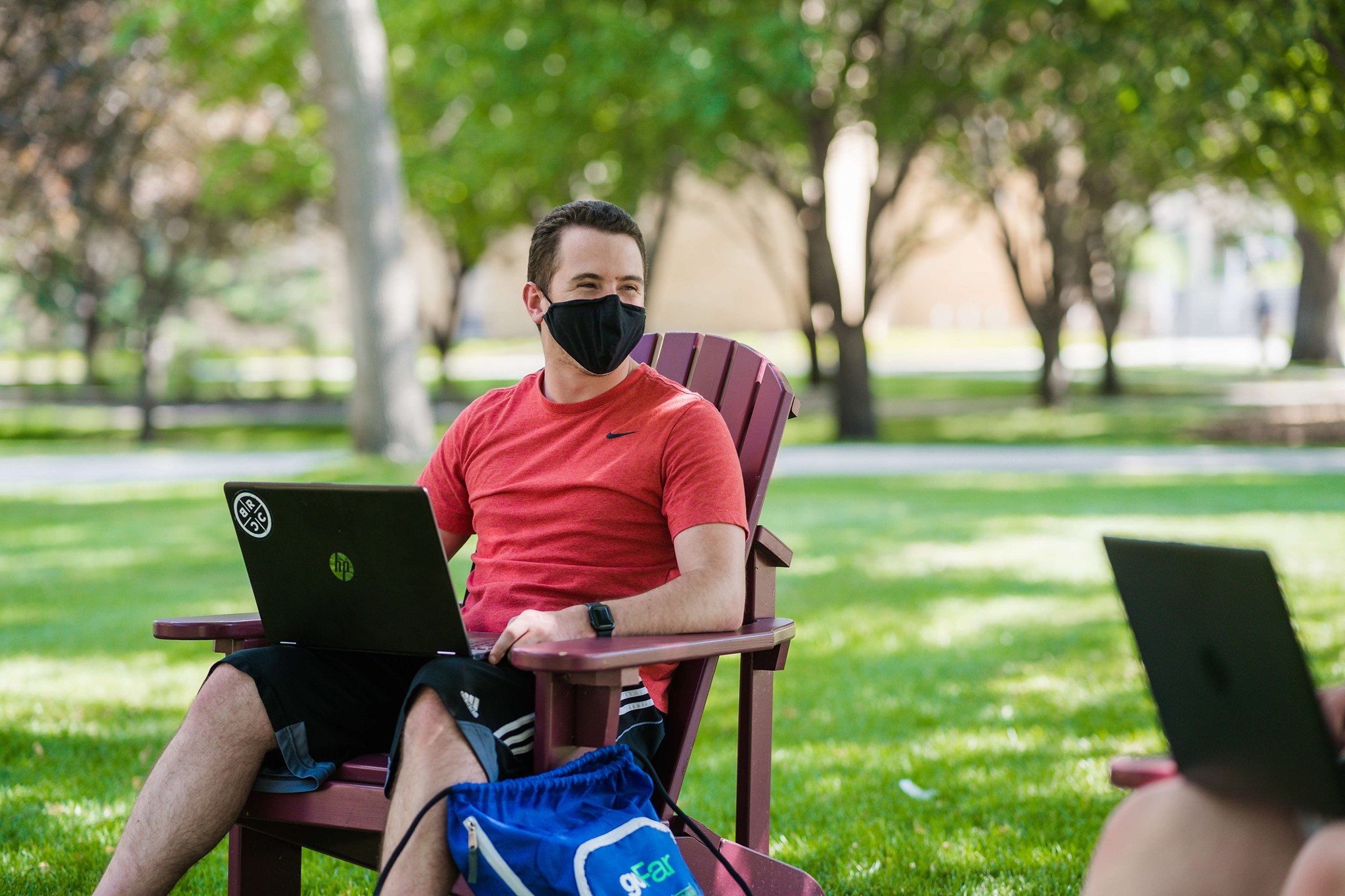When the pandemic struck, Concordia sought to inform students through a new series of summer courses looking specifically into life during a pandemic. Concordia is continuing this newfound tradition by exploring racism and anti-racism in a new set of special topic courses this summer.
Dean of the school of health professions Cynthia Carver said, “Last summer, Susan Larson, the dean of the college, had the idea of creating special summer school classes that would allow us to focus on the big issues of the day. A lot of that thinking was spurred on by the pandemic that we were in the midst of experiencing. We found that there was interest on the part of the students and so we decided to do that again this year.”
There are four courses available this summer that will be available at half-priced tuition. Each of the courses will have an online option for students while only some have in-person availability.
These courses are also unique in that they are also open to alumni and interested community members.

“I’m really excited about the opportunities for our more traditional Concordia students to study alongside those at a different career stage. I think these courses could be particularly rich if we could have both undergraduates and alumni in the same classroom,” Carver said.
Professor Amy Watkin will be teaching one of the courses and reflects on the possibilities of opening up the classroom.
“You just don’t know what combination of people will be there and what their experiences will be. Some people feel really equipped for the conversation while others are new to it, so bridging that gap will be challenging, especially concerning racism,” Watkin said.
Despite the challenge, Watkin is passionate about diversity, equity, and inclusion issues and is looking forward to teaching this course.
In “Antiracist Literature,” Watkin aims to discuss the issue of racism by analyzing its role in contemporary writing. While looking at literary devices and works, this course will also deeply examine the power of words as it pertains to race and racism conversations.
“If you think about ‘Black Lives Matter’ compared to ‘All Lives Matter,’ what those words mean to people and why we struggle to explain it to each other shows the ways in which words and writing play a role in these issues,” Watkin said.
Not only will students learn about literature, but this four-credit course is also PEAK optional and is connected to the Narrative 4 PEAK.
Although not a PEAK option, associate professor of religion David Creech’s course will also focus on the power of language during this time.
“A Holy Hatred? Use and Misuse of the Bible in Ideologically and Racially Fraught Times” will examine the differing interpretations and representations of Christianity’s texts and traditions in public discourse today.
“I think there is a lot of rhetoric that’s thrown around where [people] are using these texts to justify all sorts of different ways of thinking,” Creech said, “so, to have some facility and understanding of the interpretive moves they are making ensures we are part of the broader dialogue going on right in front of us.”
For students looking to learn about racism in general, Edward Antonio’s one-credit class will cover what race and racism are, how it’s understood in society, and how it manifests in social systems. “Racism and Antiracism in America” will utilize a multidisciplinary framework to understand key factors that perpetuate racism in society and how it relates to individuals.
Antonio explains his philosophy for the course.
“I play around with this notion of what it means to be a human being. I am interested in our common humanity and the question of what we owe each other in terms of values, respect, and dignity. To me, that is the direction toward social change,” said Antonio.
While this course offered a general overview of racism in society, Matthew Lindholm’s course, “Race and health Disparities” will target the racial gap of healthcare today through sociological, biological, and cultural perspectives. According to the course description, this class will also look into “health justice in practice and in design.”
All of these courses take various approaches to the same topic. Carver hopes the differing lenses will equip students for future discussions about diversity, equity and inclusion.
“I want students to understand that most of the major issues of the day don’t fit neatly into one disciplinary area. They are complex and ambiguous. I hope that students gain an appreciation for crossing disciplinary lines to understand these issues,” Carver said.
Despite the weight of such a topic, Carver and the professors highly encourage students to take these courses as a way to individually develop but also prepare for the real-world.
“One of the things I want my students to do is to grow. When you take my course on race and racism, I will not attack you or accuse you. What I will do is create opportunities for you to interrogate yourself while in conversation with me and with others. The goal I’m trying to achieve in this is to open up space to grow as a person as a human being,” Antonio said.
“It’s important to me that early as possible in their career is thinking actively about the role that you can, should and would play in helping with these big, complex issues. As soon as that agency develops among students, the better our society will be as we try to tackle some of these issues,” Carver said.

